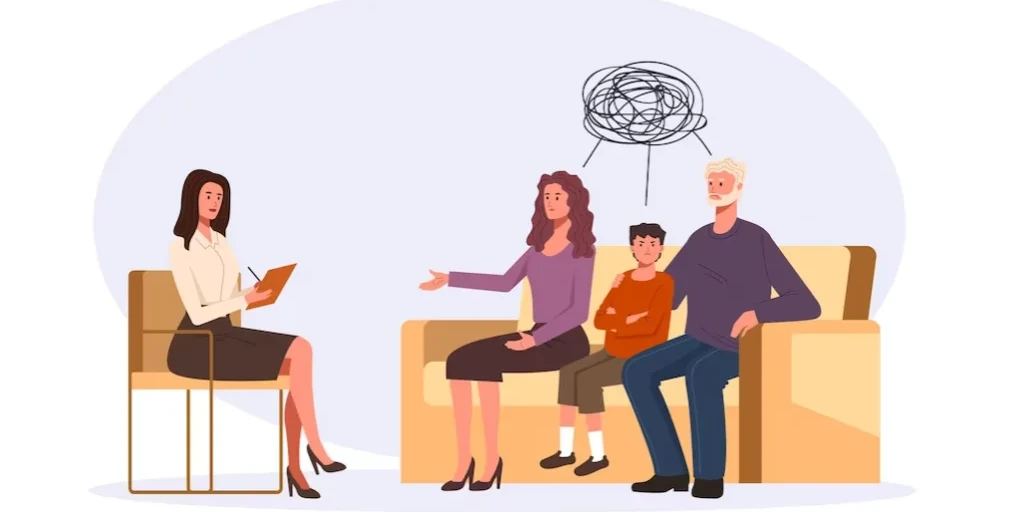24/7 Helpline:
(866) 899-221924/7 Helpline:
(866) 899-2219
Learn more about PTSD Treatment centers in Olin
PTSD Treatment in Other Cities

Other Insurance Options

Evernorth

American Behavioral

Choice Care Network

Sliding scale payment assistance

AllWell

PHCS Network

BlueShield

Aetna

Oxford

WellPoint

Amerigroup

Coventry Health Care

Optum

WellCare Health Plans

ComPsych

Magellan

Multiplan

Molina Healthcare

Carleon

Premera










